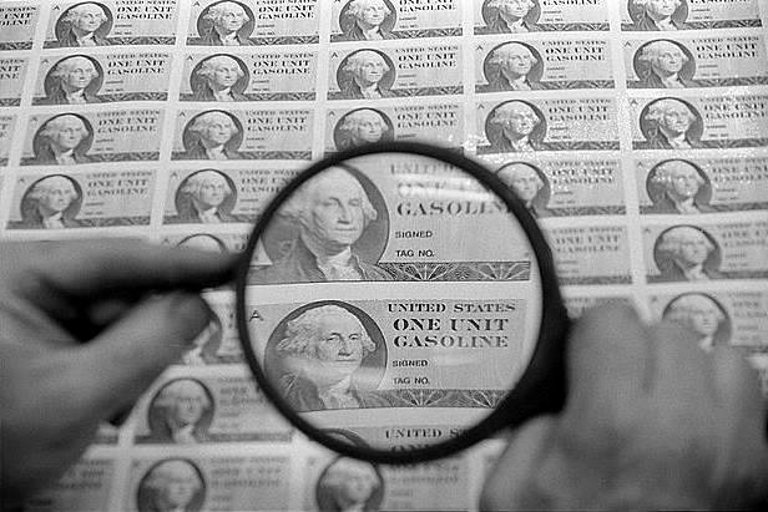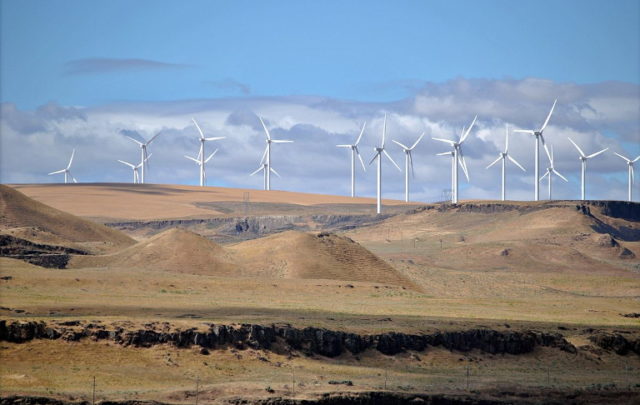Francois-Xavier Chevallerau is the founder-director of The Biophysical Economics Policy Center, BiophysEco, headquartered in Brussels, Belgium. At Sciences Po (France), his academic work focused on politics, international relations and EU studies. He was the EU Government Manager for the LNE Group and served as the business development manager at the United Nations (New York City) for PwC Luxembourg. As a consultant to EU institutions (also for PwC), he provided policy advice (policy research and analysis, impact assessment and evaluation) and business consulting services, including innovation management.
The age of energy disruptions
We have entered the age of global energy disruptions, and the “energy transition” that we are inevitably headed for is unlikely to be the one we expect.
December 17, 2021
100% Renewables – A Few Remarks about the Jacobson/Clack Controversy
Of course, some scientific evidence of the technical feasibility of a ‘decarbonization’ of the economy is needed, as this decarbonization requires making policy choices that will have profound and lasting economic and social consequences. However, trying to elaborate detailed technical assessments, scenarios and roadmaps for a move to 80%, 90% or 100% renewables is probably somewhat futile at this stage, and may even obscure rather than inform the conversation that societies, in the U.S. and elsewhere, need to have.
June 27, 2017
Storage is the ‘Holy Grail’ of the Energy Transition – or is it?
However, determining whether storage can indeed solve the problem of intermittency of wind or solar requires assessing the ‘energetic productivity’ of using energy storage in combination with variable renewables.
May 22, 2017
Measuring Energy Return on Investment at a National Level
Above all, the relevance of a national-level EROI lies in its potential to inform policy decisions that aim to manage an energy transition to a low carbon economy. In general, countries should aim to have high levels of national-level EROI, since this means that more net energy is available for use in the productive economy.
May 9, 2017
Is There Such a Thing as a “Net Energy Cliff?”
As societies and economies transition away from high net energy resources such as ‘conventional’ fossil fuels and towards lower net energy resources such as unconventional fossil fuels or renewables, either voluntarily (e.g. to fight climate change) or due to resource constraints, a number of researchers and analysts have argued that we might be approaching the “net energy cliff”…
May 8, 2017
Thermodynamic Model of Oil Depletion Sparks Controversy
A report on the world’s oil depletion problem published several years ago by an obscure association of anonymous consulting engineers and professional project managers is suddenly coming under fierce criticism.
March 8, 2017




